The Real Bread Campaign (RBC) has called into question the marketing of healthy breads by the big brands, claiming that they don’t belie the ingredients they are made from.
The report from the RBC, titled ‘A wholegrain of truth?’, argues for clearer legislation in order to avoid misleading consumers.
Despite the fact the Bread and Flour Regulations 1998 state that a loaf can only be marketed using the word wholemeal if “all the flour used as an ingredient in the preparation of the bread is wholemeal”, the RBC claimed its investigations found that this was not the case, as the loaves also contained soya flour and highly refined gluten powder.
However out of the seven trading standards departments that responded to its concerns, along with Defra, none felt that this was misleading to customers and that any action needed to be taken.
According to the RBC, regulators did not interpret the use of soya flour and highly refined gluten powder as against the rules, as it said neither ingredient met the Regulations’ definition of flour, something which the RBC disputes.
Chris Young, coordinator, RBC, said: “How can it be right that industrial loaf manufacturers are not prevented from tacking the word ‘wholegrain’ to a loaf that could be ninety-odd percent white flour, or from stirring soya flour and highly refined gluten powder into a loaf whose name implies is made with 100% wholemeal wheat flour?”
With regards to the marketing of wholegrain products, there is no legal definition or specific regulation of the word wholegrain, said the RBC. It is calling for the word wholegrain to have a legal definition, or else for it to be banned.
The investigation looked at a sample of loaves, that were named, or being marketed using the words wholegrain or wholemeal, as well as other words which it believed consumers would understand to imply the same nutritional connotations, such as wheatgrain, and wholesome white.
The brands looked at, in 2012, were: Allinson, Asda, The Co-operative, Greggs, Hovis, Kingsmill, Morrisons, Sainsbury’s, Tesco, Waitrose and Warburtons.
The RBC cited examples, such as Kingsmill’s Oatilicious, which is marketed using wholegrain claims, but which only contained 21% of ingredients from a grain, and Warburtons White Plus Wholegrain, which it said didn’t declare any ingredient identified using the words wholemeal or wholegrain at all.
The organisation contacted all eleven brands for a responses to its findings, and then sent these responses, along with any concerns, to the trading standards service of the relevant local authority, before presenting a draft version of the report to Defra.
To read the full report visit realbreadcampaign.org









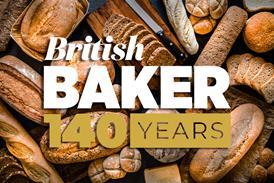







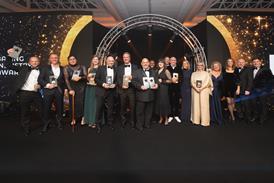

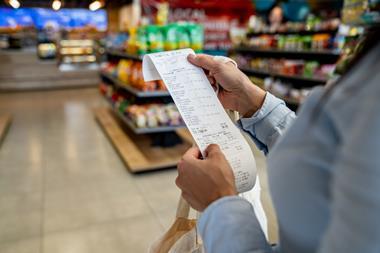

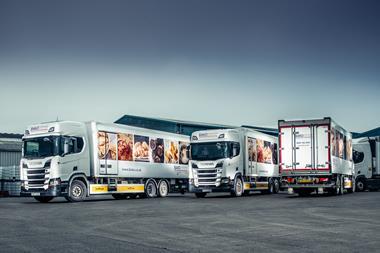

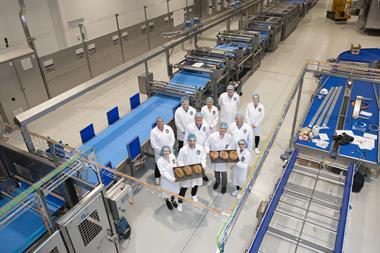
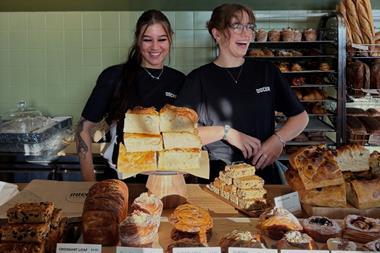
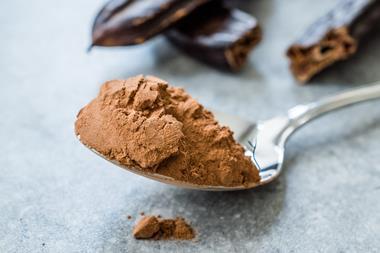
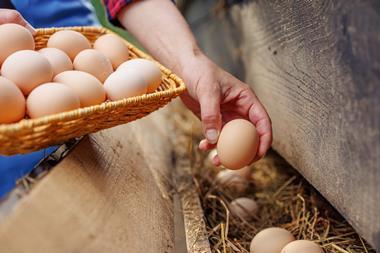
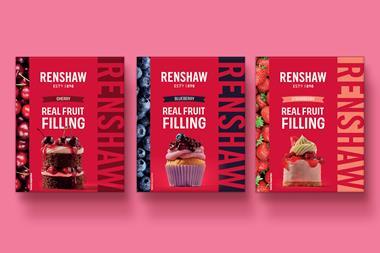
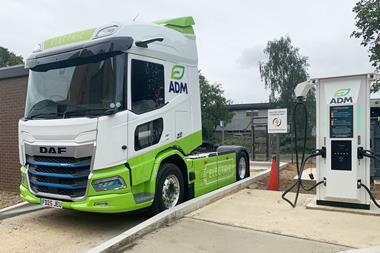
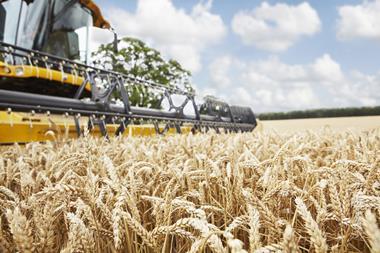
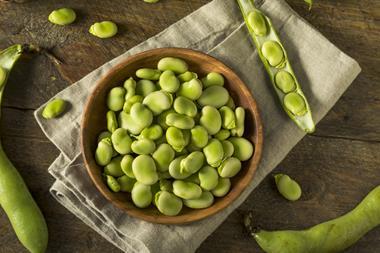

No comments yet